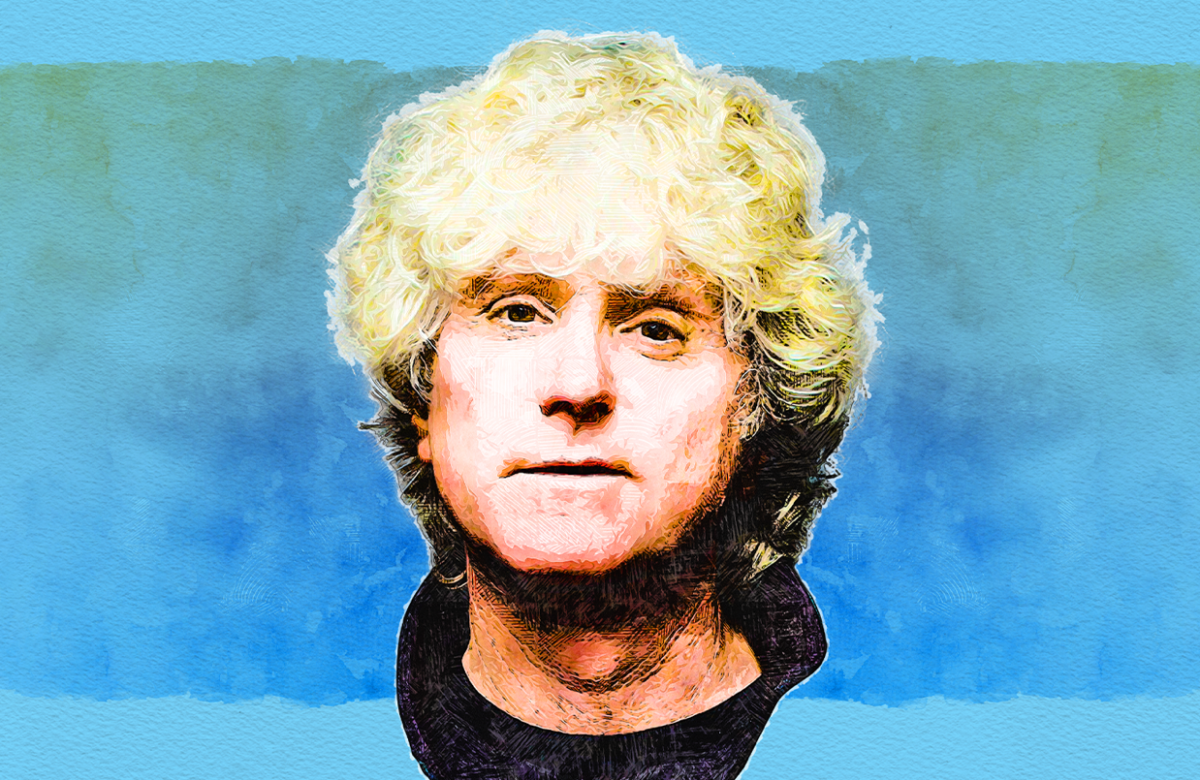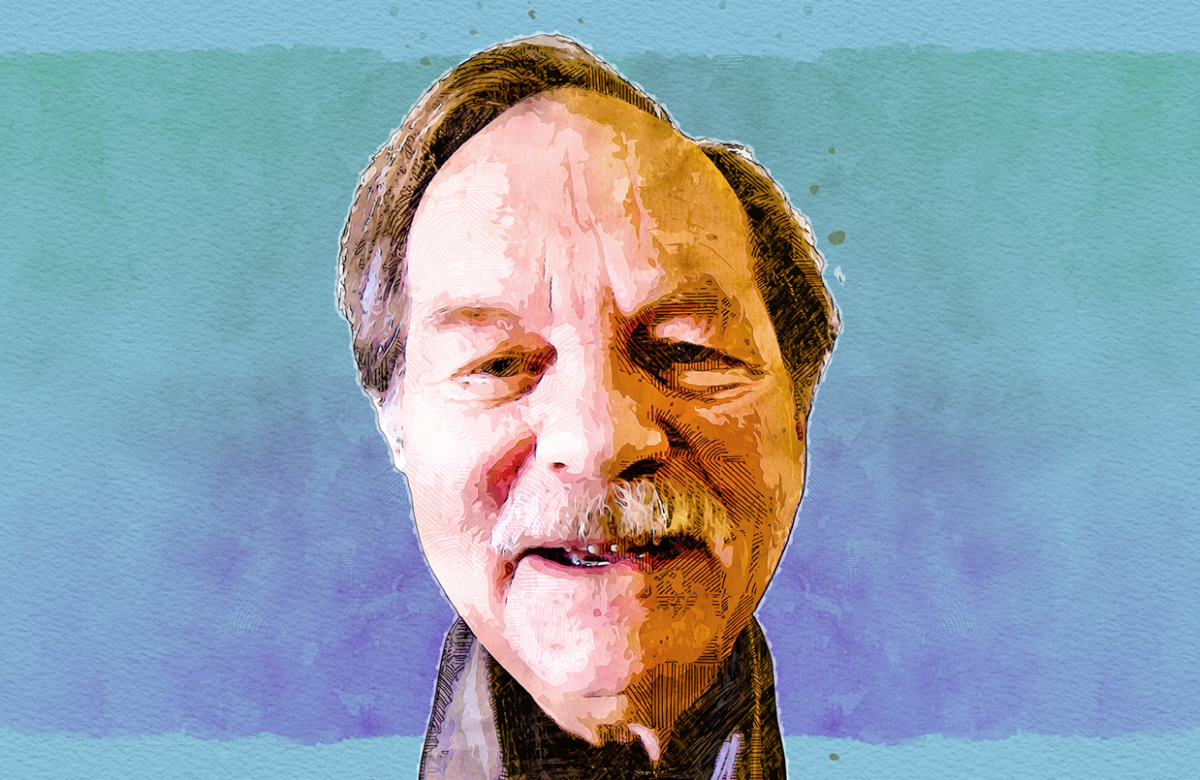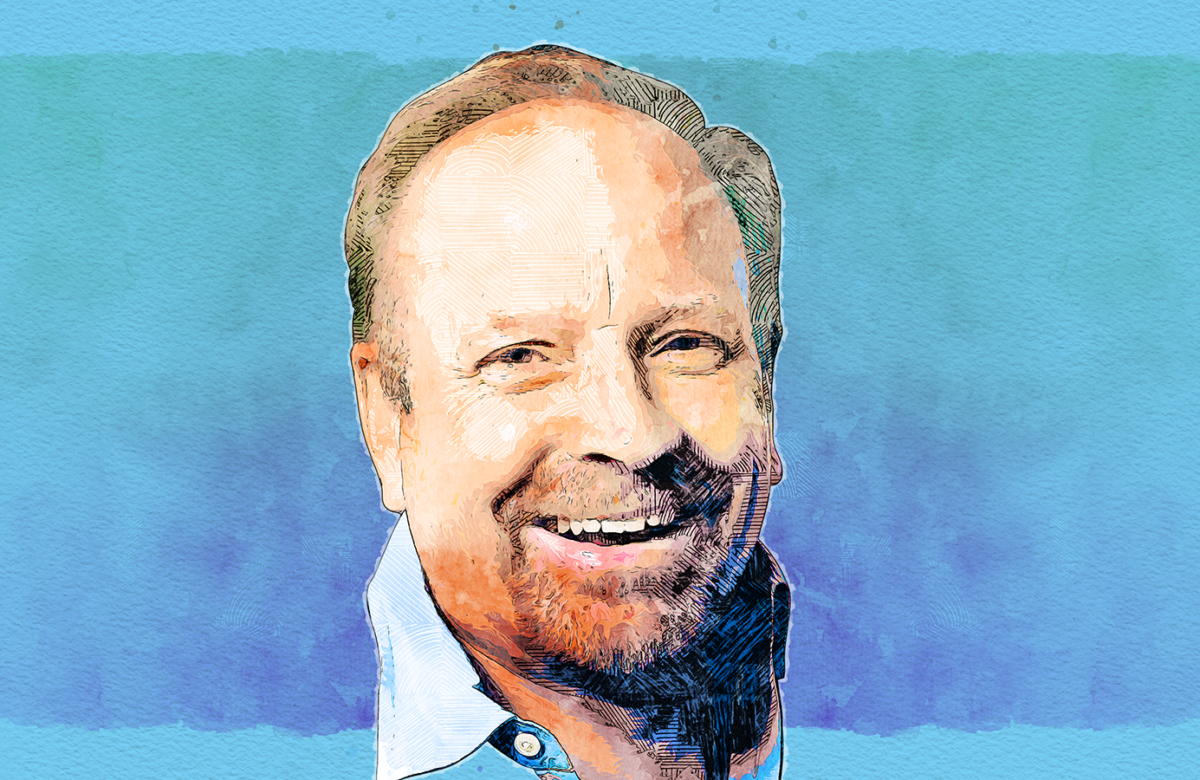Why We Need to Attack Covid Conspiracy Theories at the Root
The best strategies for combatting conspiracy theories may involve not information warfare but addressing the motives behind them.
- ArticlePost-truth pandemic
- November 14, 2022

Conspiracy theories about the new coronavirus abounded early in the pandemic. China developed it as a bioweapon. Big Pharma released it to make money from vaccines. Bill Gates wants to inject the population with tracking microchips. While many of these (presumed) fictions contradict each other, they have one thing in common: they feed on areas of human psychology that make us believe troubling and sometimes entertaining narratives, narratives that spread especially easily in our hyper-connected mediascape. But there are some ways to slow their germination and transmission.
In a review article on conspiracy theories, three researchers at the University of Kent place our motives for belief in three categories: epistemic, existential, and social. Respectively, we want to know the world’s workings, protect ourselves, and maintain status.
Epistemically, conspiracies often make for tidy explanations for opaque or confusing phenomena. Rather than accept that the world works in mysterious ways, or that chaos reigns, we prefer single causes that help us predict the future. For many, it’s more satisfying to think a cabal inflicted a disease or harmful “cure” upon us than to imagine the myriad evolutionary and ecological forces that happened to conjure a deadly virus. One big cause also seems more fitting than a cascade of small causes because there’s a certain causal congruency: a large effect (a tree falling over) often requires a large cause (a strong shove). And a global pandemic is a large and consequential effect.
We want to understand the past and predict the future in part so we can control our fates, addressing existential concerns – worries about safety and survival. If you know that one group of people pulls the strings, you might influence their string-pulling. Research shows that when we feel out of control – as we might feel during a pandemic – we try to compensate by searching for (potentially manipulable) patterns. Such searching can lead to conspiracy theories or magical thinking. One set of experiments published in Science, for instance, showed that giving participants random feedback on a task or asking them to recall a time of powerlessness increased their self-rated need for control. It also led them to see images in snowy noise, become superstitious, or read office conspiracies into work emails.
As for social concerns, perceived rejection – for ethnic, economic, or political reasons – can heighten suspicions that others are conspiring against us. We want to seek justice if it’s available or simply make sense of our lot in life. In one study, when participants recalled a time that they felt excluded, their search for meaning in life increased, as did their belief in several conspiracies, for instance that drug companies withhold cures to make money. Another social motivation: We might want to place blame on others to feel better about ourselves.
Echo chambers can help foster conspiracy theories. We socialize with people, and listen to sources, who agree with us, polarizing our attitudes while insulating us from moderating information. A recent study found that on Facebook and Twitter, people more densely connected to others with similar beliefs about the value of vaccines also had stronger beliefs on the topic. Beliefs can become tribal and eventually resist falsification: If I believe in a conspiracy and you try to debunk it, that only means that you’re part of the conspiracy.
Certain individual traits also enhance belief in conspiracies: need for control; poor education; a tendency to think intuitively rather than analytically; and narcissism, a cause of paranoia.
Conspiracy theories can have tragic repercussions, such as reducing health – if people avoid life-saving vaccines – or seeding discord. Disagreements over mask mandates have led to violence. The Kent researchers note that, even as people endorse conspiracies in a (subconscious) attempt to fulfill certain psychological needs, such belief may backfire. Seeing powerful others as controlling your fate may lead to fatalism and lack of participation in democracy. Suspicion may lead to even more distrust and further alienation. On the other hand, it may coordinate constructive action among the oppressed, and some conspiracies are real.
Researchers have had some luck countering false conspiracy theories and other forms of misinformation. One idea is to use a kind of informational inoculation. Once fake news has entered your system, there may be no cure. In one study, exposing people to information about the safety of vaccines did not reduce hesitancy to vaccinate a child if the information was introduced after claims about the danger of vaccines. It did, however, if introduced before the claims about danger.
Another intervention builds on the idea that people don’t want to spread false facts and can usually tell truth from falsehood, but that they’re often not motivated to analyze the accuracy of claims – at least not on social media, where they’re rewarded for shares and likes. Researchers found that asking people to rate the accuracy of one headline put them into an analytical headspace such that they were then more likely to share true headlines about Covid (though no less likely to share false ones). Social networks, they recommend, might simply suggest that users think about accuracy before sharing.
Conspiracy theories will always be with us, as long as we seek explanations about the world and care about other people’s plotting. Crises like pandemics offer riches of new suspicions, as well as new opportunities for scientists to study the phenomenon and explore interventions. On the one hand, these narratives reveal the dark, distrustful side of humanity. On the other, they illustrate our inventiveness and our desire for a safer and fairer world.
The best strategies for combatting them may involve not information warfare – countering fiction with truth – but addressing the motives behind them. Don’t just tell people they’re wrong. Solve the underlying isolation, insecurity, and powerlessness that permeates society. That’s a much bigger problem.




